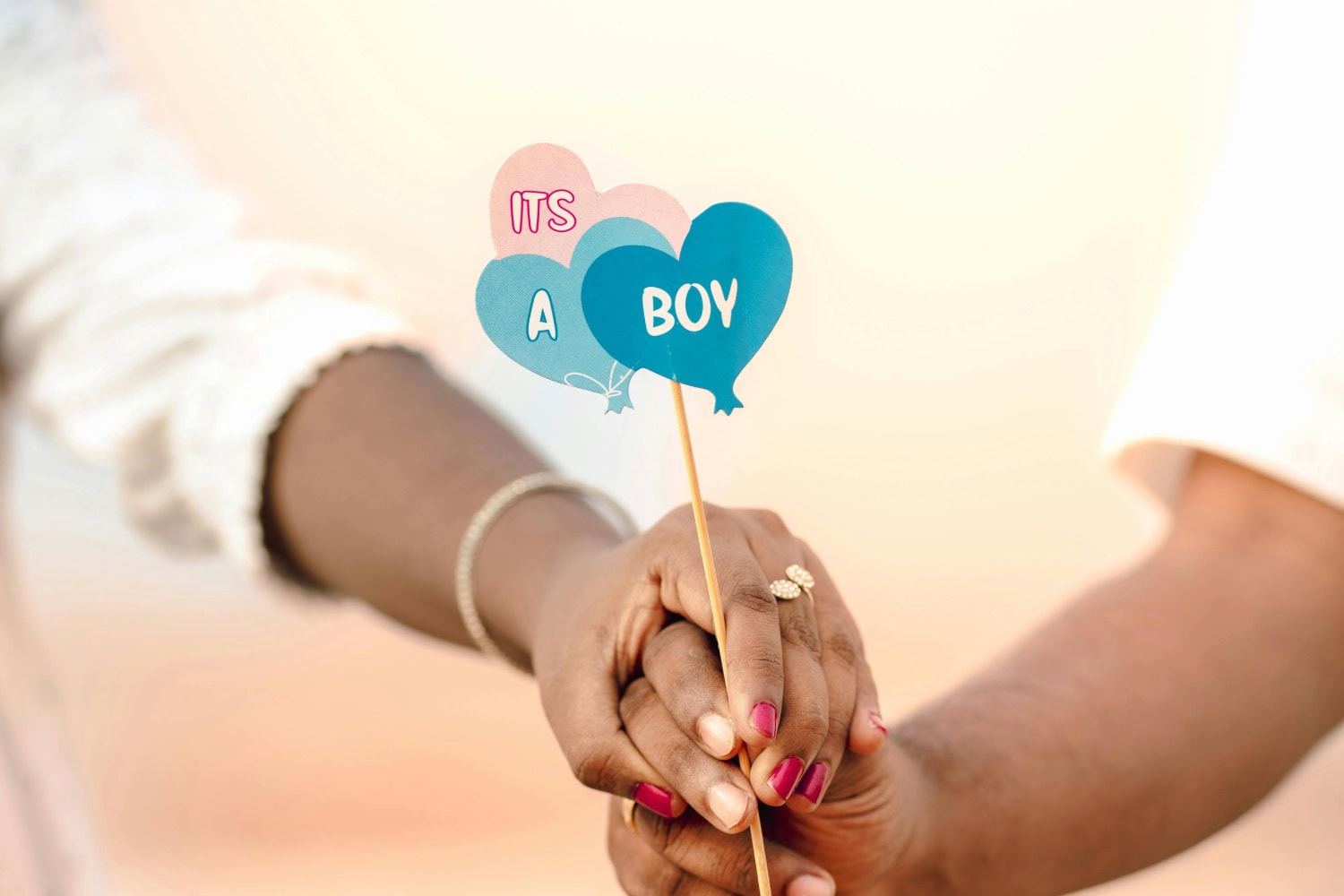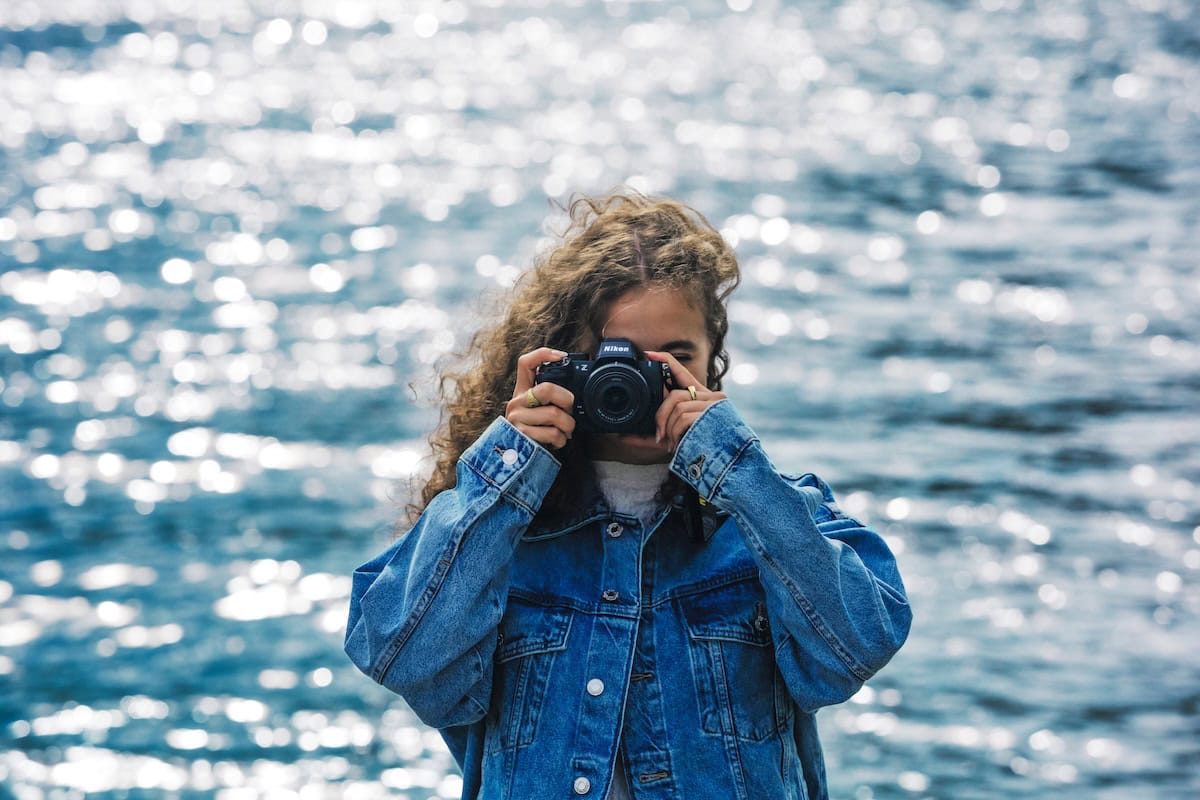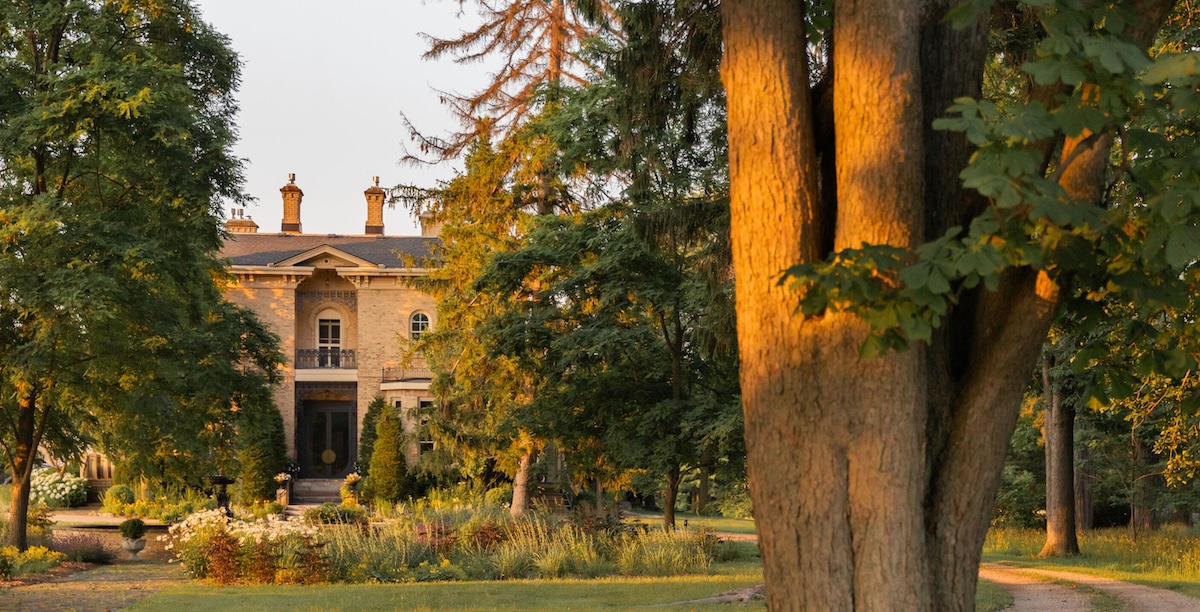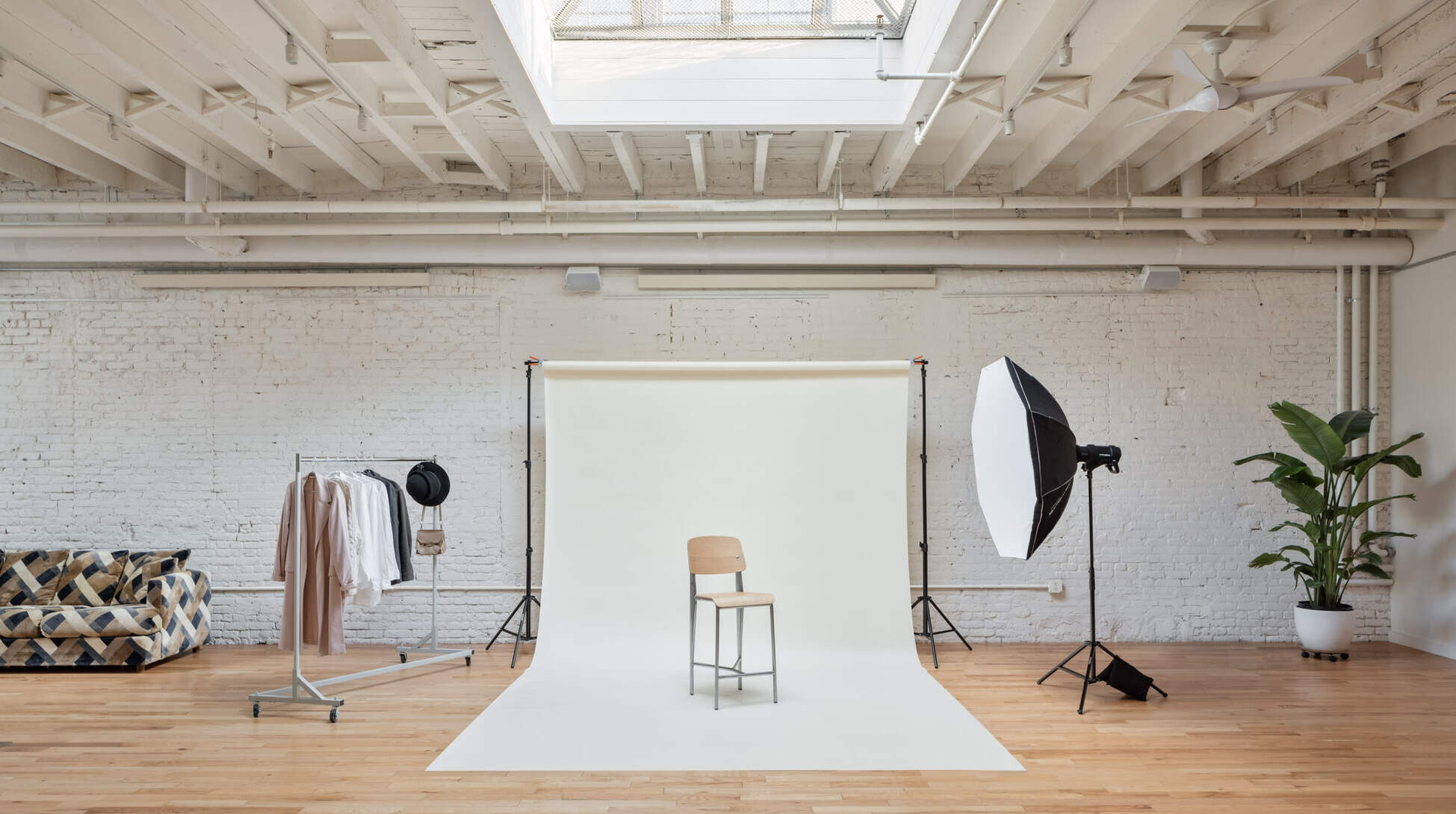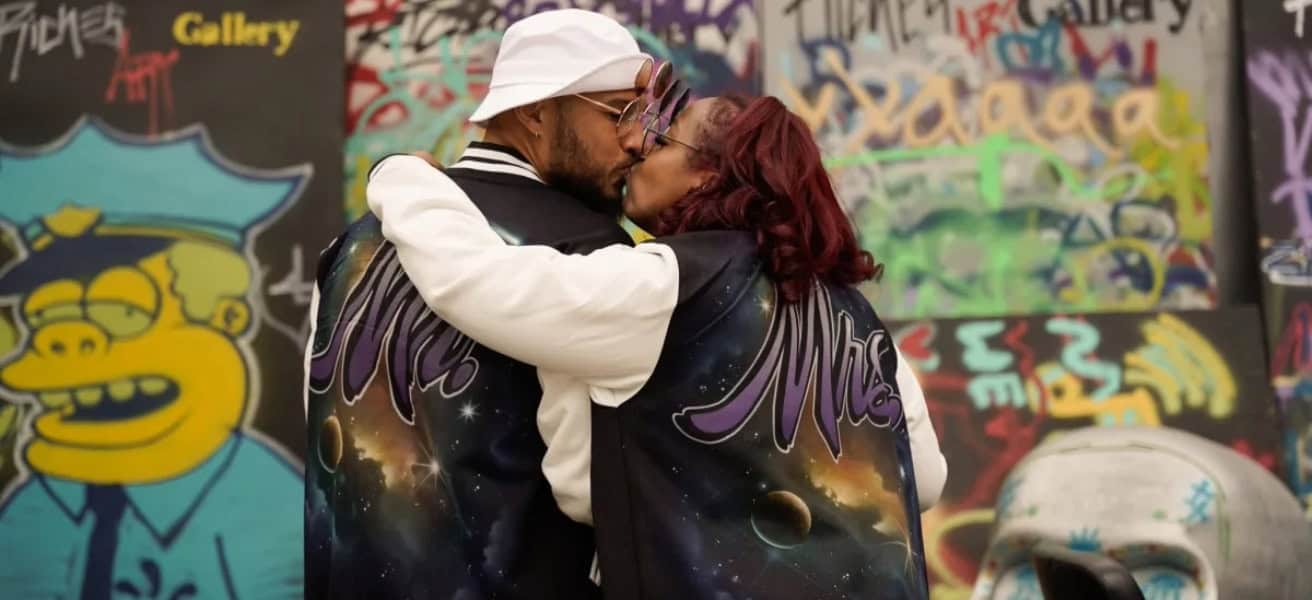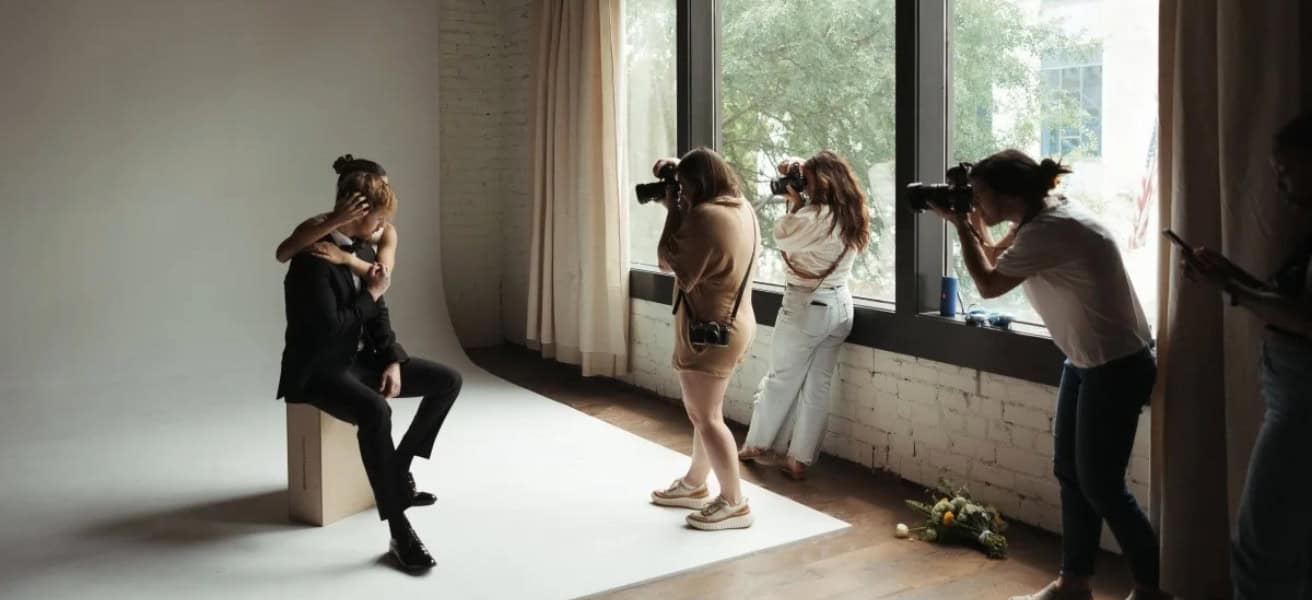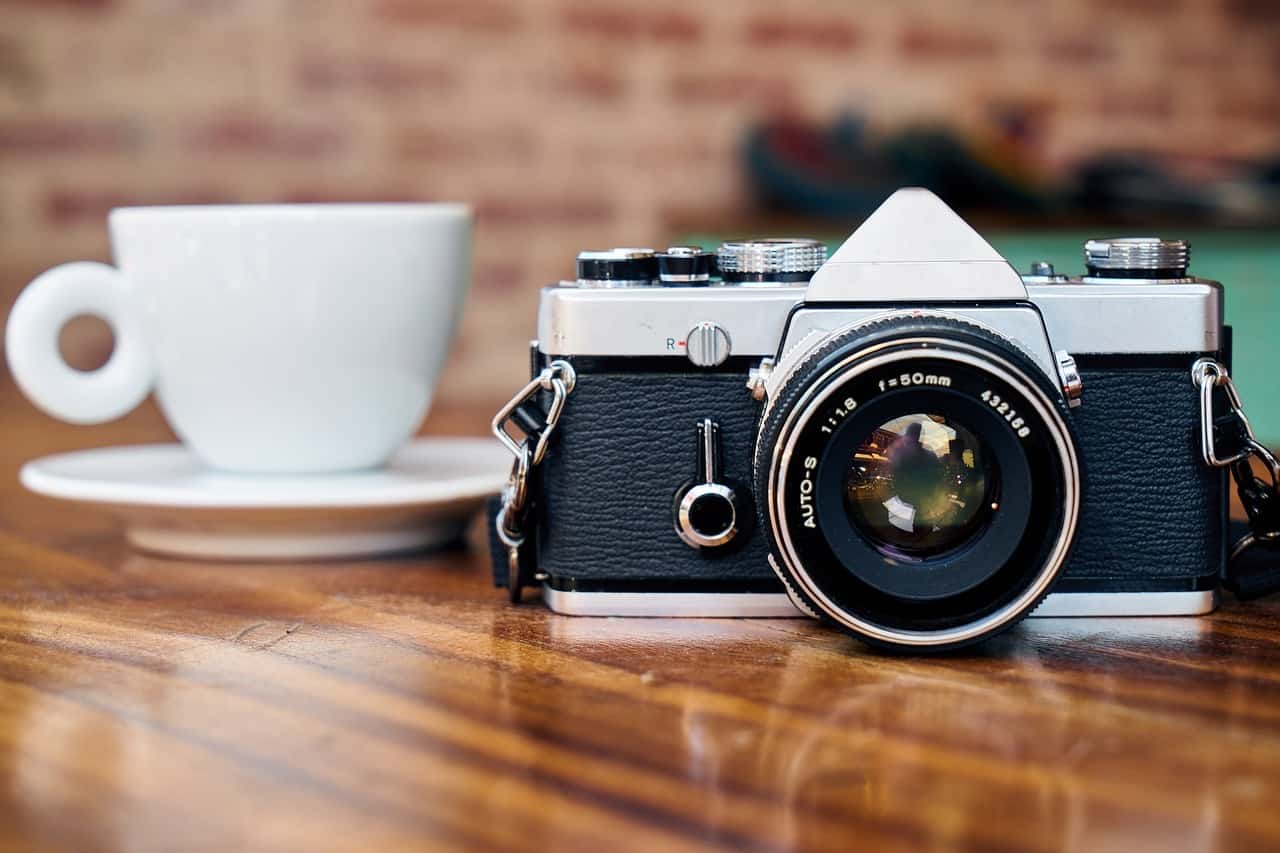
Source: Pixabay
One of the best things you can do to help take the leap from amateur to professional photographer is build up your local reputation. Communities of photographers thrive when they work together and help each other, and it’s a good idea to be a part of this process. Other professionals may compete with you in some work-related aspects, but in other aspects they can be close partners and collaborators. By and large, photographers tend to be celebratory of each other’s work. So don’t think of other professionals as adversaries, but allies. Building a local reputation as a photographer in your community is a great way to make important connections and find new work.
There are several approaches to this, and what works best largely depends on the sort of photography you want to do. Be sure to check out Peerspace listings to see which photographers are renting out their creative workshops, as this can be a great way to meet people with studio space and experience. You’ll benefit from building your credibility across photographic outlets and styles — for example, documentary-style wedding photographers may be a huge help in your photojournalism career. You should take every opportunity you can to improve your own work and receive a great return on your time investment.
Connect with local photographers
Start by connecting with photographers in your area on social media. Get to know their work and what you can learn from it. Take note of how they present themselves and their portfolio, as this is going to help build your own personal marketing strategies. Then, reach out to them. Spending time with fellow creatives is a great way to learn new skills, generate new ideas, and get leads on potential work.
Photographers will often collaborate on big projects, so getting to know the other professionals in your area gives you a chance to work with them. In addition, this process helps build up a network of people that can help you out should you find yourself in need of assistance on a job. Photographers who find themselves unable to take a certain job often recommend someone they know, so introducing yourself to the local professional community will often result in gig opportunities you wouldn’t have otherwise known about.
Work as a second shooter or assistant
Oftentimes, working professionals will need an assistant or a second shooter. These are great opportunities to see a professional workflow in the field, get some hands-on experience, and also start earning money for your photography. It also takes some of the initial pressure off of you.
For example, working a wedding can be stressful — if you miss a shot, there won’t be a second chance to get it, and it’s an event the client cares very deeply about. Working as a second shooter to an experienced wedding photographer means all the pressure of the day isn’t on your shoulders. You can focus specifically on what the lead shooter has given you, and if you happen to miss a key shot, chances are your employer got it. But don’t slack off, either.
Make sure you’re ready to learn if you take on work as a second shooter — when you’re starting out, you’ll make mistakes. This is okay, just be ready to learn from them. Your goal is to improve your practice and be the best photographer you can be for your clients.
Introduce yourself to photo editors
If you’re more interested in seeing your work in print, then it’s a good idea to reach out to photo editors at your local newspapers and magazines. Introduce yourself and let them know you’d like to make yourself available for freelance work.
Before hiring you in a freelance capacity, editors want to have confidence that you can deliver on the sort of assignments they’ll be sending you, so tailor your portfolio toward documentary and event work. In addition to this style of photography, editors will also want to know you can collect the relevant personal information in the field for accurate photo captions. So carry a notepad with you on your photoshoots, and get used to writing down people’s names and titles so you can add IPTC caption data during your editing process.
If you want to go into this line of work, you should also familiarize yourself with the ethics of photojournalism — this is especially important in editing processes, as news organizations and magazines often have strict publishing standards that you won’t run into when shooting portraits or weddings.
Be reliable and consistent
This sounds simple, but it should be said: as you begin working with other photographers, editors, and clients, be sure to follow through on your commitments. That means showing up on time and committing yourself fully to the job, as well as delivering edited work in whatever time frame you promise to others.
So many photographers ruin their local reputation by being inconsistent and unreliable. It doesn’t matter if you’re the most talented photographer in the world, if you don’t do what you say you’ll do, then no one will want to work with you.
The best thing you can do as a new professional is show up on time, deliver the photos your client is expecting, and get your editing done promptly. Never give anyone a reason to complain about you and always act with integrity — word travels fast in tight-knit communities, and photography is no different. If you want to be a professional, you have to be a professional.
Have an online presence
Throughout this process, it’s imperative that you’ve done the work of setting up a website with your portfolio, as well as created a social media presence. It’s also a good idea to have business cards at the ready, as this makes it easy for other creatives and potential clients to see your work and connect with you. You can’t build up your local reputation without having a way to introduce yourself and your portfolio.
Always maintain a good attitude
Attitude is everything when starting out. It’s easy for photographers to grow overconfident, especially when you first start getting gigs. After all, you’ve probably seen remarkable improvements in your own work once you dedicated yourself to learning how to be a better photographer. But before becoming a professional, you’re committing yourself to a process that you’ll spend a lifetime learning.
Spending time with other photographers is a great way to see this in practice — the good ones are always humble about their craft and looking for ways to improve. As you build your local reputation, keep this in mind. Don’t just look for ways to earn more money — look for ways to become a better creator. In no time at all, you’ll be on your way to effectively building a local reputation as a photographer.
Find unique photoshoot locations on Peerspace
Get together somewhere better
Book thousands of unique spaces directly from local hosts.
Explore SpacesShare your space and start earning
Join thousands of hosts renting their space for meetings, events, and photo shoots.
List Your Space

